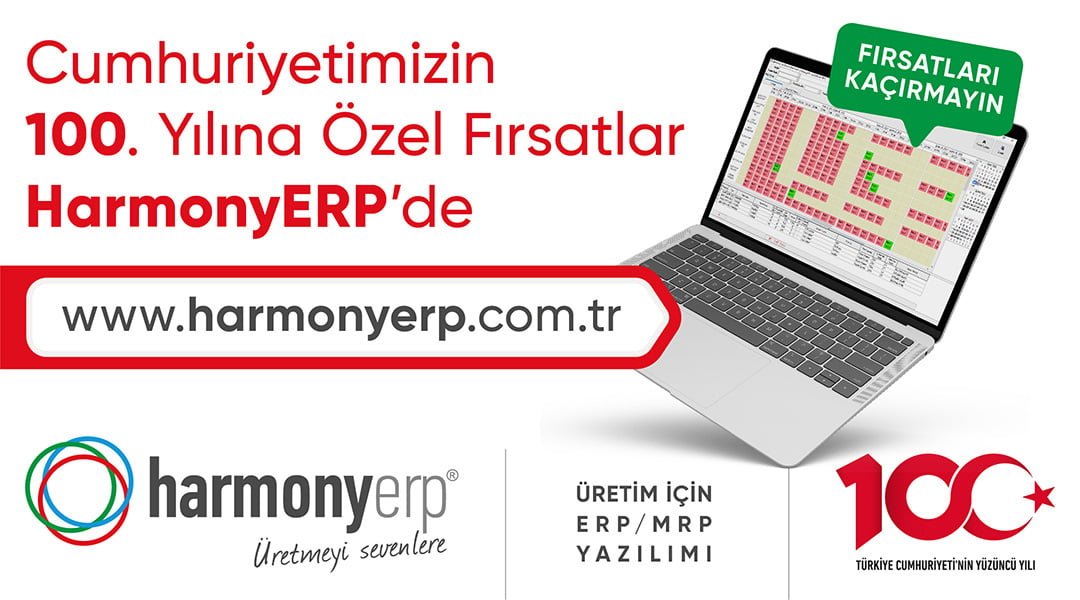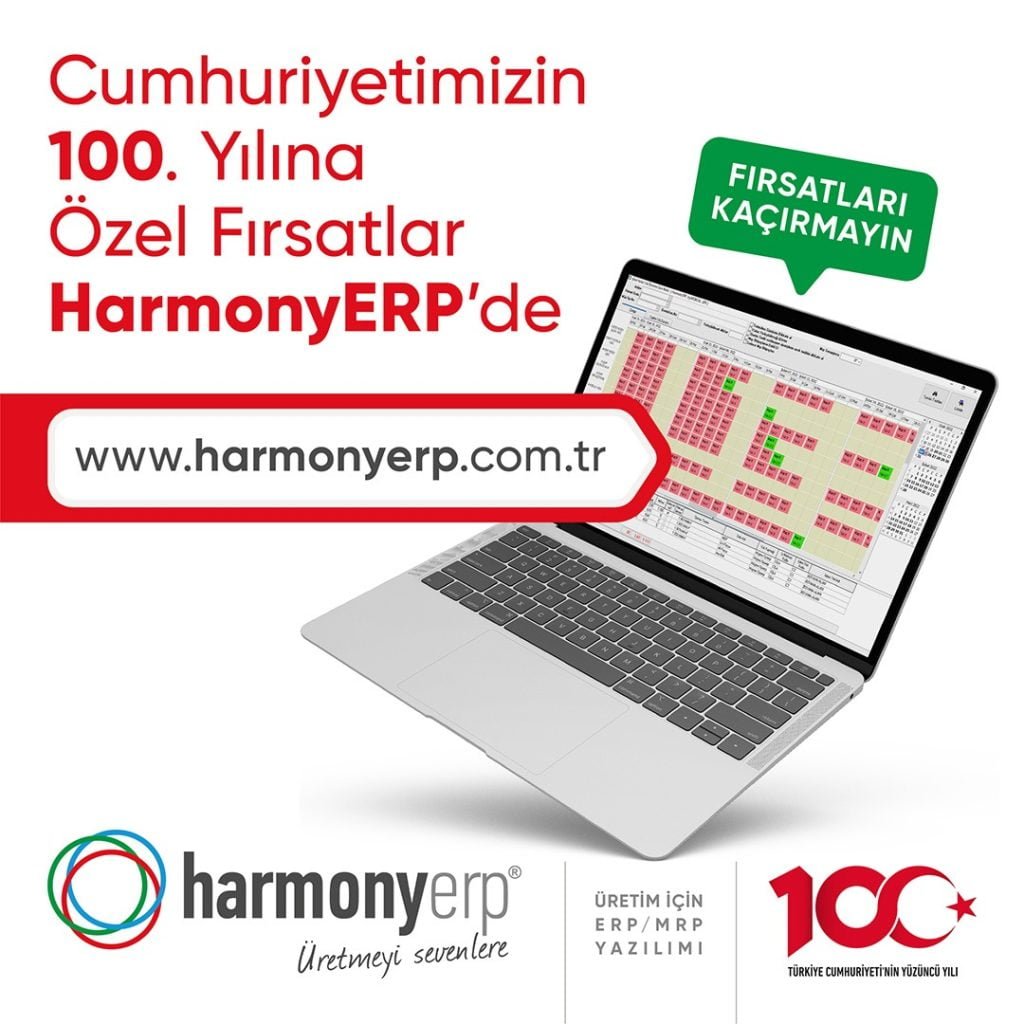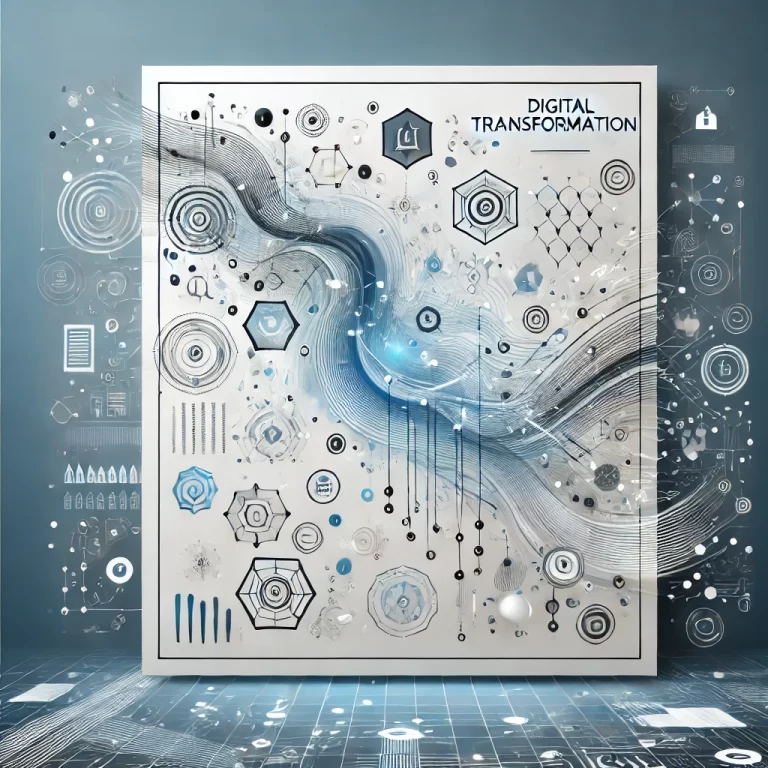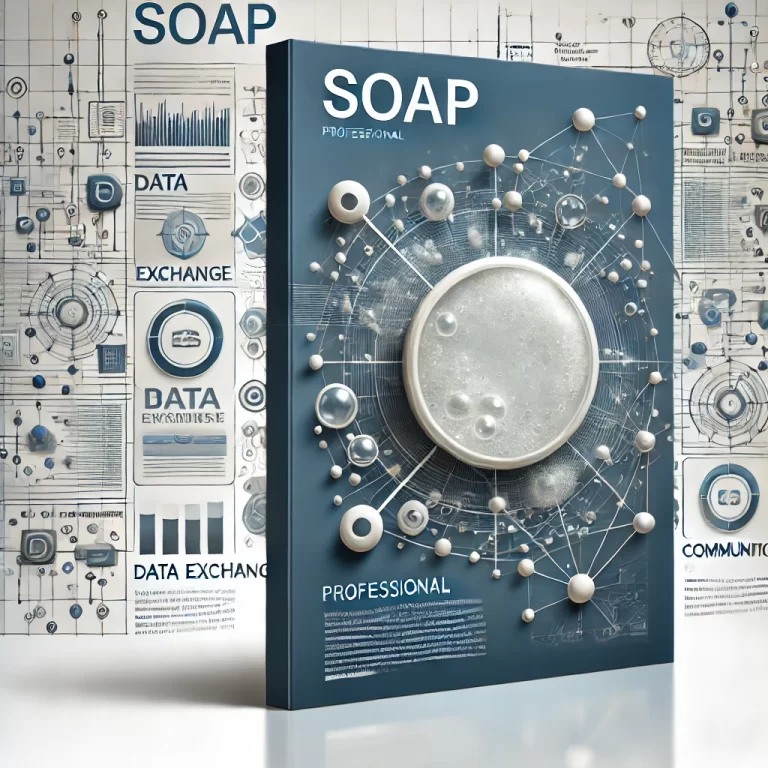What is CRM? Ne işe yarar?
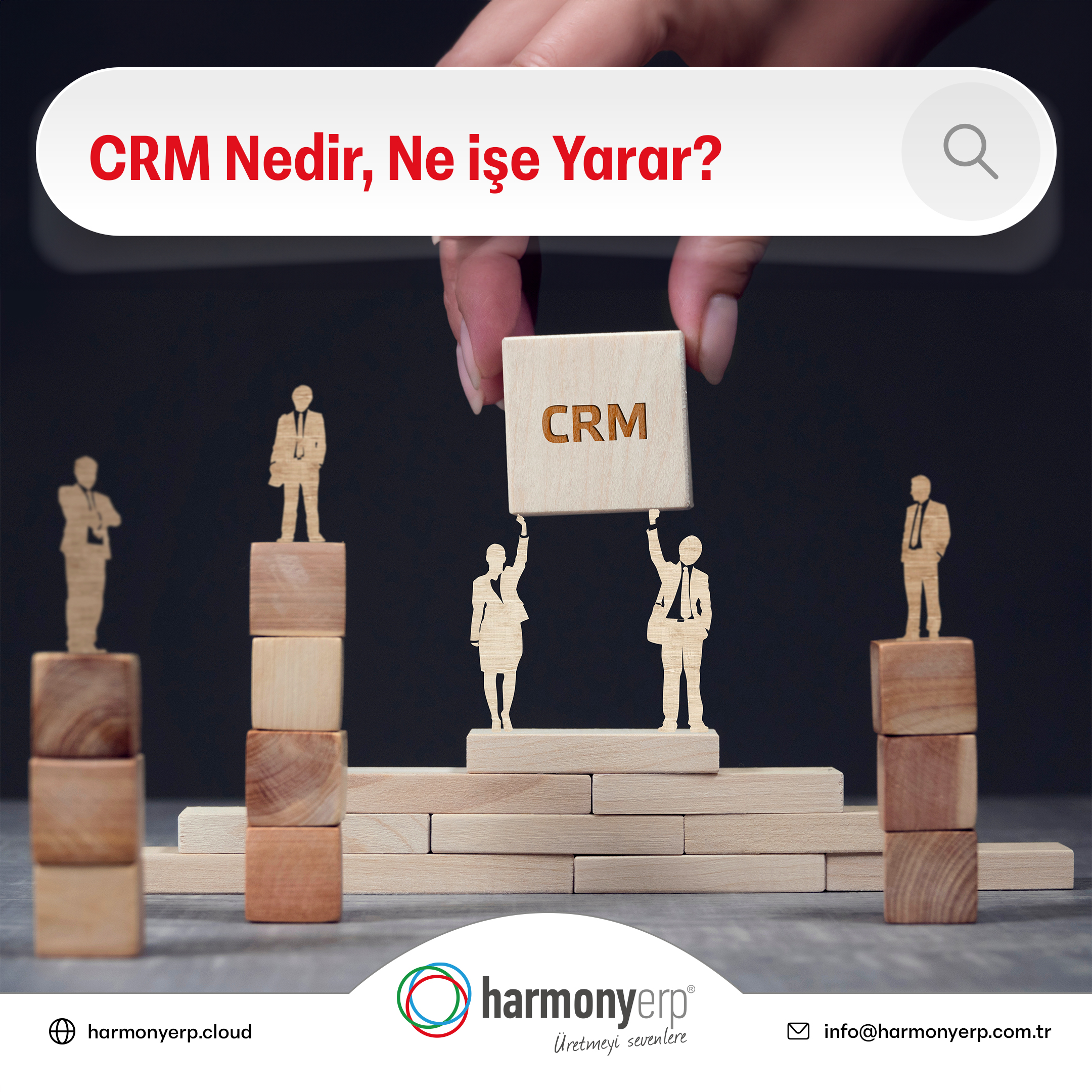
What is CRM (Customer Relationship Management)?
CRM (Customer Relationship Management) is a management approach that covers the processes of managing customer data, analyzing transaction records and optimizing customer interactions. These systems aim to provide consistent and personalized services across all customer communication channels by collecting customer information in a central database. CRM is designed to increase customer satisfaction and loyalty by deepening relationships with customers, as well as to guide businesses’ sales and marketing strategies more effectively.
Modern CRM systems include components such as analytical tools, automation technologies and customer data platforms. With these tools, businesses can better understand customer behavior, track market trends and respond quickly to customer needs. In addition, CRM applications provide integration between sales, marketing and customer service departments, increasing efficiency and reducing costs in business processes. In this way, businesses can maintain their competitive advantage and expand their market share by continuously improving the customer experience.
Definition and Basic Components of CRM
CRM (Customer Relationship Management) is a set of technologies and strategies used to manage and analyze a business’ interactions with customers. Its main objective is to optimize business processes to increase customer satisfaction, promote sales and ensure customer loyalty. CRM systems collect and store customer information and guide businesses by performing various analyzes on this information. These systems usually consist of three main components: operational CRM, analytical CRM and collaborative CRM.
CRM systems consist of three main components: operational CRM, analytical CRM and collaborative CRM. Operational CRM increases efficiency in sales, marketing and customer service processes by integrating customer data with daily operations. Analytical CRM enables complex analysis of collected data to understand customer behavior and predict future trends. Collaborative CRM strengthens internal communication and coordination by facilitating the flow of information between different departments. This integrated approach is essential to maximize customer satisfaction and optimize business processes.
- Operational CRM: Focuses on managing customer relationships by supporting day-to-day sales, marketing and customer service activities. Automation tools include functions such as customer service, sales process management and management of marketing campaigns.
- Analytical CRM: It aims to collect customer data, analyze this data and provide business intelligence. It provides in-depth information on topics such as customer behavior, buying trends and demographics.
- Collaborative CRM: Facilitates the sharing of customer information between different departments. This enables the flow of information between customer service, sales and marketing teams to develop more consistent and effective customer relationships.
Contributions of CRM to Businesses
CRM systems provide various contributions to businesses in customer relationship management. First, it plays a critical role in increasing customer satisfaction and loyalty. It provides access to detailed information about customers, enabling them to provide more personalized services. Furthermore, CRM systems help to plan marketing strategies more effectively by analyzing customer data.
CRM systems provide businesses with in-depth customer relationship management capabilities, often in the form of increased sales, improved customer satisfaction and increased operational efficiency. First of all, by analyzing the customer database, CRM enables customized marketing strategies and sales offers based on customers’ past behavior and preferences. This plays a critical role, especially in identifying cross-selling and up-selling opportunities. Customer-specific offers engage the customer and increase the likelihood of purchase, thus contributing to the expansion of sales volume.
CRM systems significantly improve the quality of customer service and reinforce customer satisfaction and loyalty. Thanks to the CRM system, customer service representatives can easily see customers’ past interactions, preferences and problems, and based on this information, they can offer faster and more effective solutions. This means speed and accuracy in resolving customer issues, increasing customer satisfaction and strengthening customer loyalty. Furthermore, CRM tools can also be used to collect and evaluate customer feedback, which allows for continuous improvement of product and service quality.
CRM systems help businesses reduce operational costs by increasing efficiency in marketing and sales processes. Automated workflows, customer segmentation and campaign management features enable marketing teams to reach more customers with fewer resources. This helps reduce overall marketing costs and increase conversion rates. At the same time, analysis of CRM data can be used to measure the effectiveness of marketing strategies and campaigns, allowing businesses to more rationally direct their marketing investments.
- Increasing Sales: Utilizing customer data, identify sales opportunities for potential and existing customers. Customized marketing campaigns and cross-selling offers can attract customers.
- Improving Customer Service: Customer service agents can access detailed information about customer history and preferences. This allows problems to be solved more quickly and effectively.
- Effective Marketing Campaigns: Analyzing customer demographics and buying habits helps to develop more targeted and effective marketing strategies.
CRM Applications and Examples
The use of CRM systems is widespread in various sectors. For example, in the retail sector, personalized product recommendations can be made by analyzing customer purchase history. In the finance sector, customer risk profiles can be assessed and appropriate financial products can be offered to them.
CRM applications are used by a wide range of organizations, from small businesses to large corporations. In particular, these systems offer cloud-based solutions, allowing users to access data from anywhere.
CRM is an indispensable part of a customer-oriented approach in today’s business world. It makes important contributions to increase customer satisfaction, promote sales and optimize marketing strategies. Effective use of CRM systems enables businesses to gain competitive advantage and achieve continuous improvements in customer relationships.
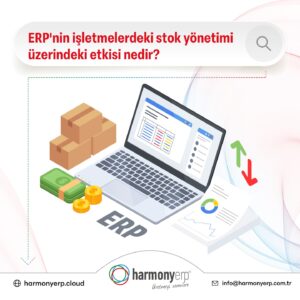
Previous Post
What is the Impact of ERP on Inventory Management in Businesses?
Next Post
What are Manufacturing Execution Systems (MES)?

